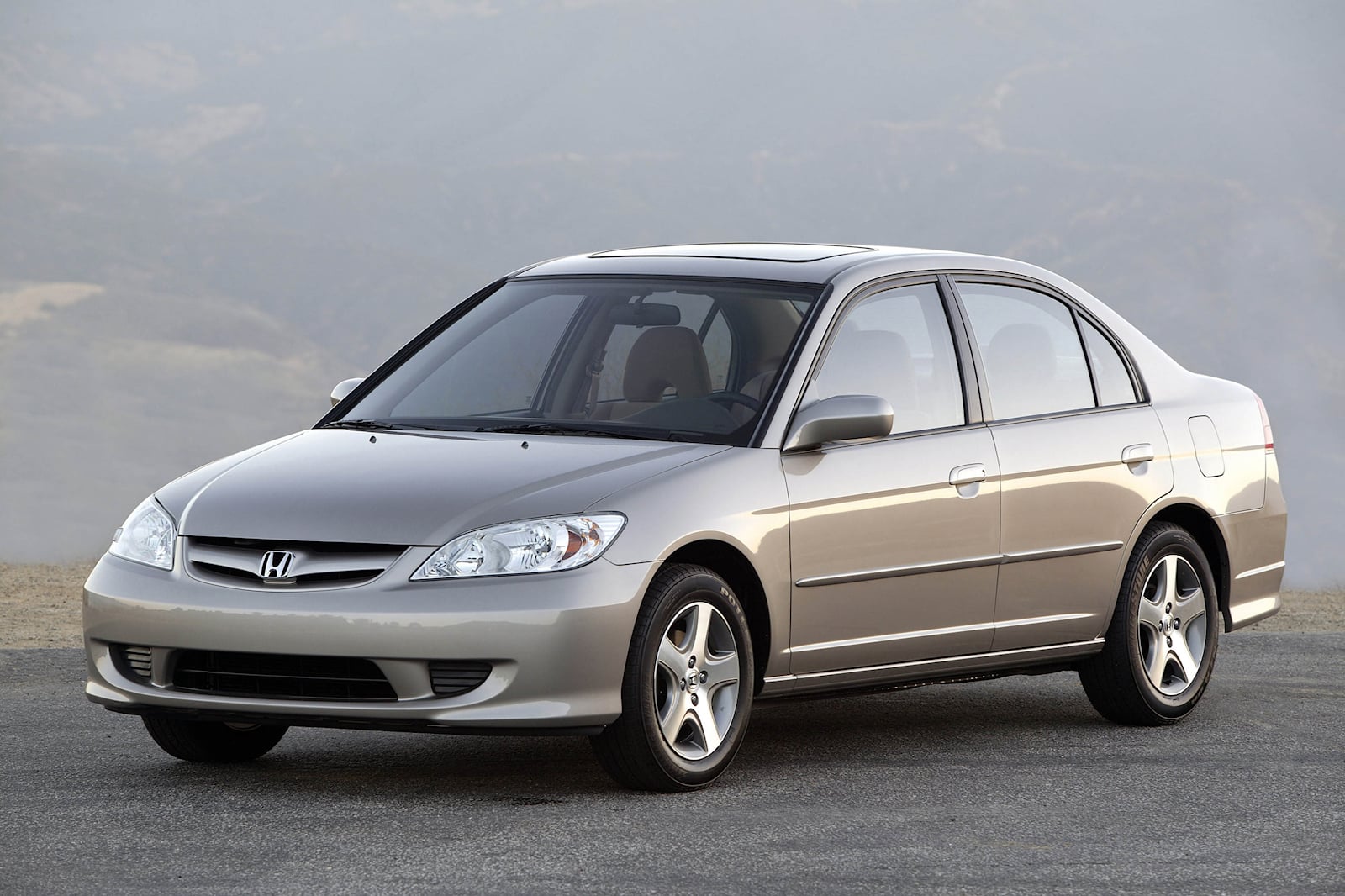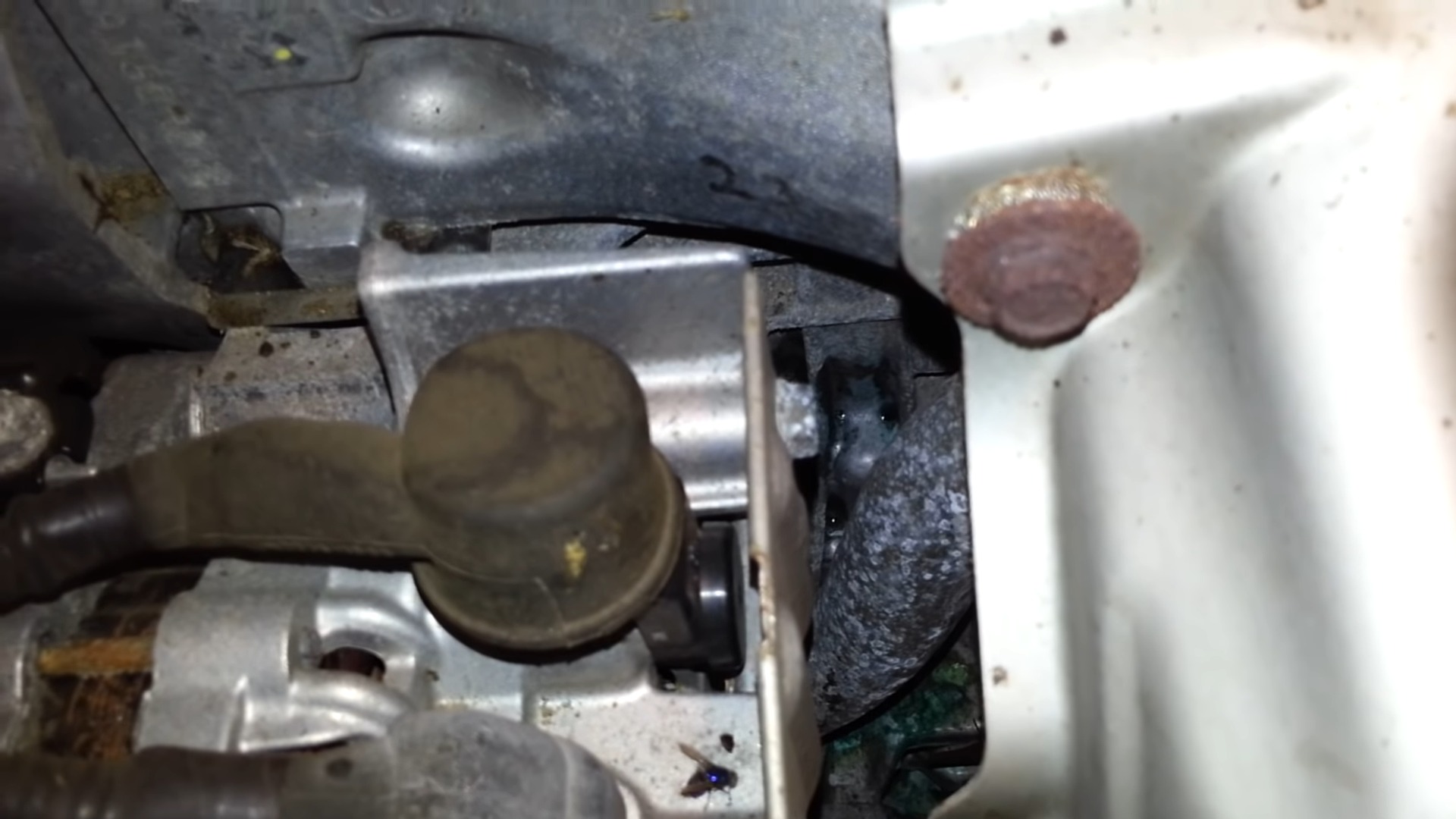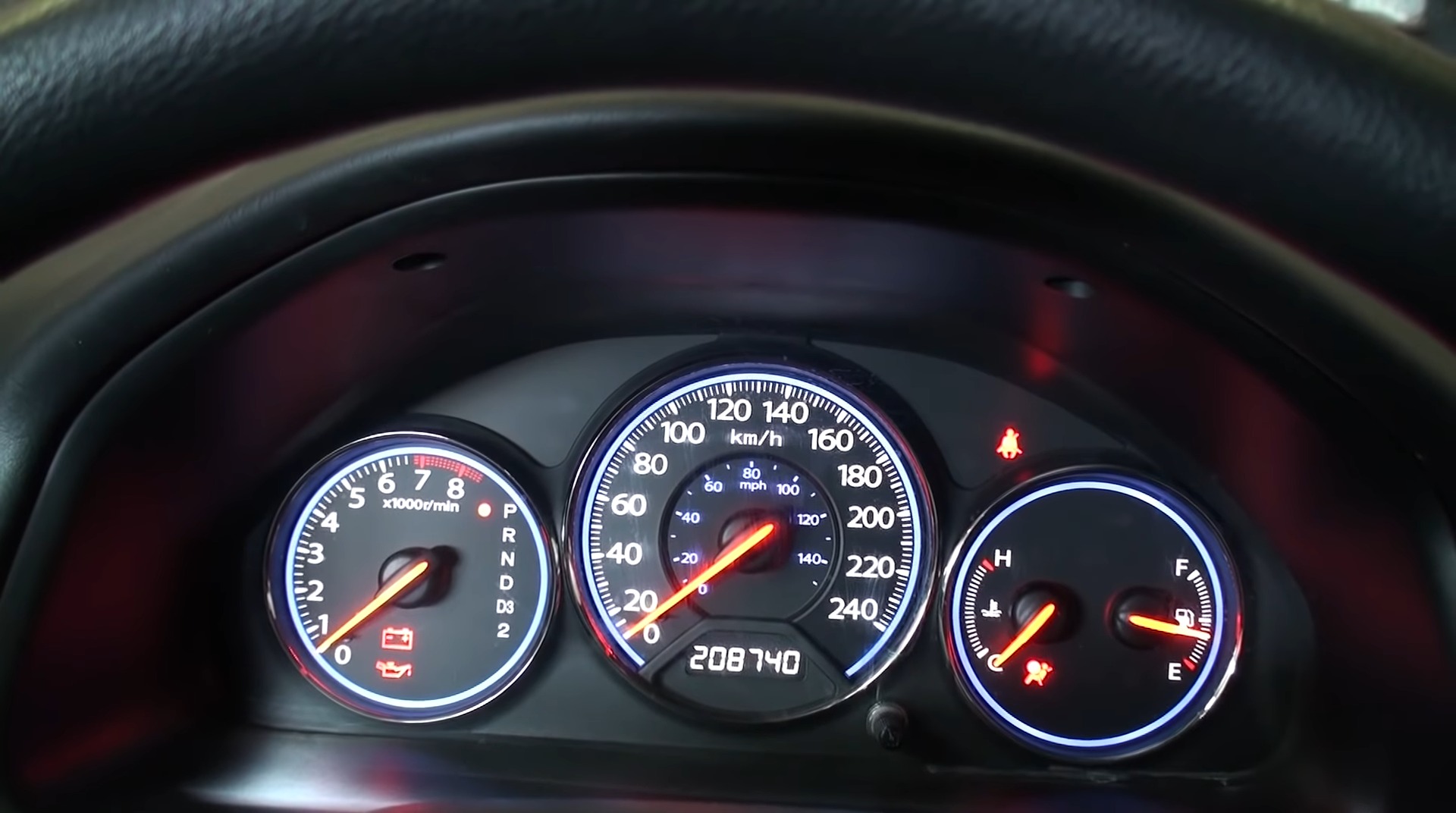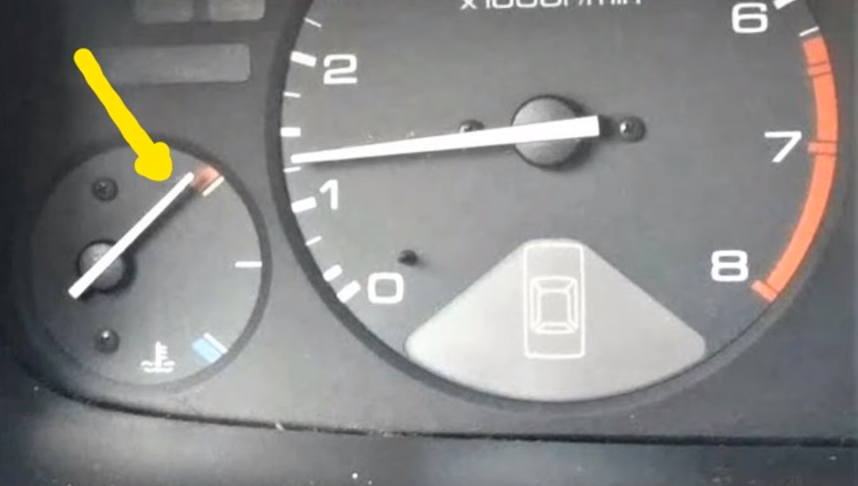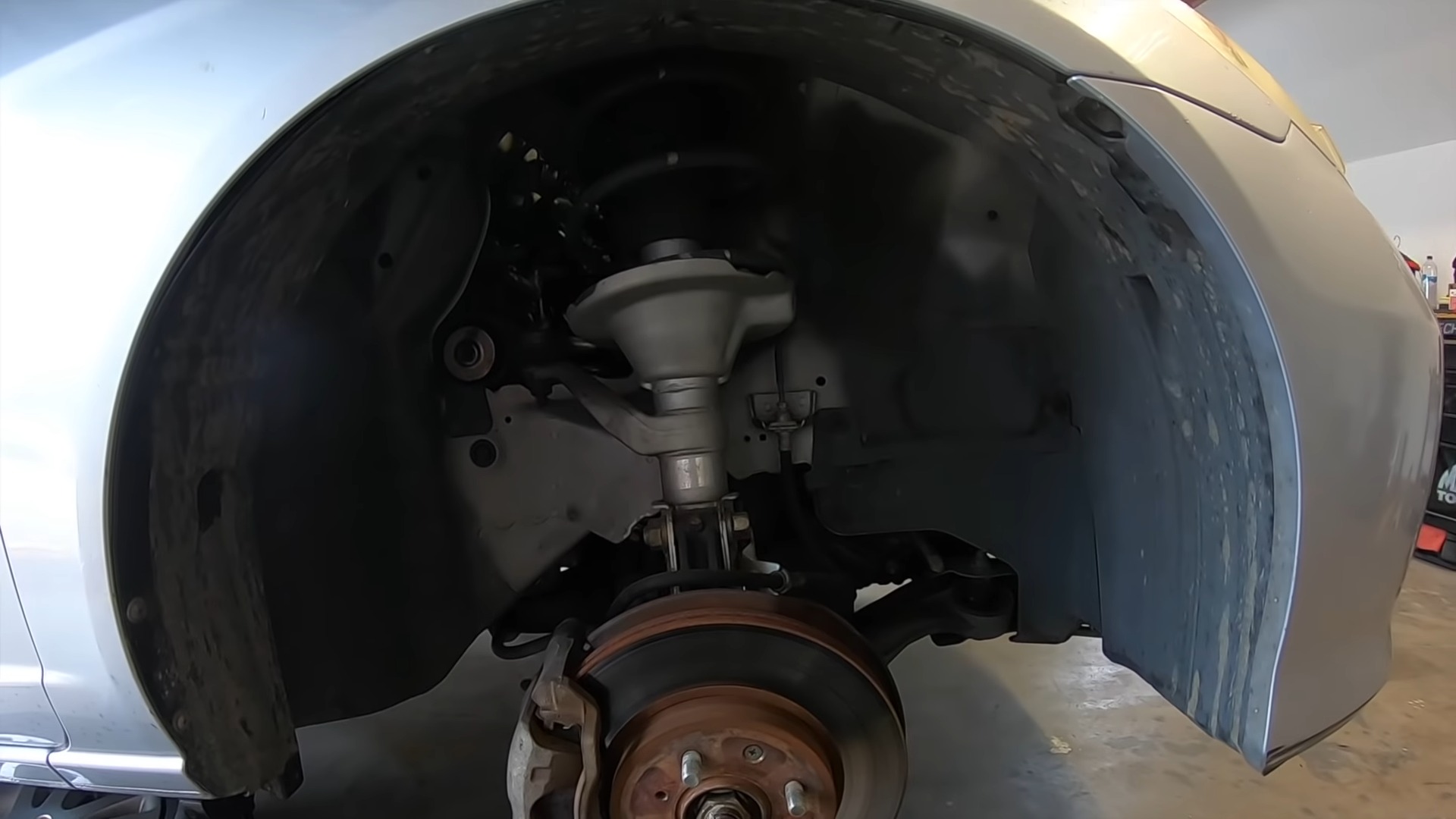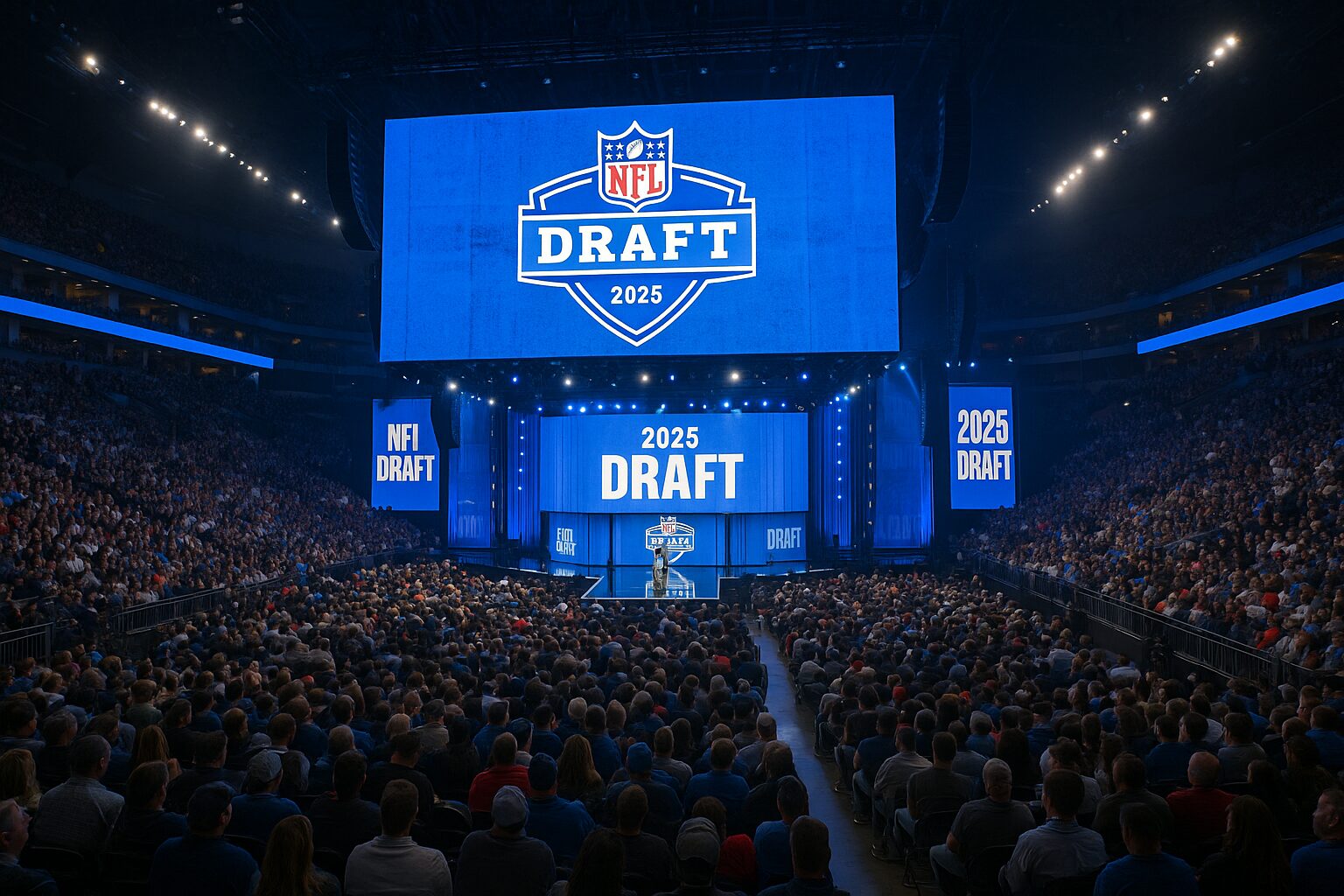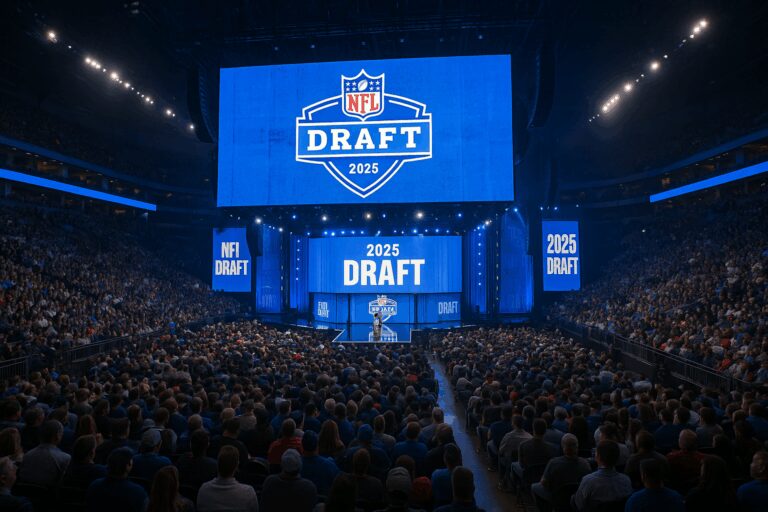As a former mechanic who has tested countless cars over the years, I’ve had my fair share of experiences with the Honda Civic. While it’s renowned for its reliability and efficiency, like all cars, it has its quirks.
Today, I’ll delve into some of the most common problems faced by Honda Civic owners, drawing from both my personal experiences and research.
Most Offten Issues
1) A Bad Year for Honda Transmissions
The 2001 Honda Civic model stands out as a particularly problematic year. This model received the most complaints, especially concerning transmission failure.
Back in my mechanic days, I remember a customer who brought in their 2001 Civic, frustrated with the constant jerking and surging sensations while driving. It was evident that the transmission was slipping, a common issue for this year.
Signs of a Bad Transmission
If you own a 2001 Honda Civic or are considering buying one, here are some signs to watch out for:
- Clutch dragging
- Shaking and grinding while driving
- A distinct burning smell
- Noises when parked in neutral
- Difficulty switching gears
- Gears that slip
Possible Solutions
If you already own a 2001 Honda Civic, you might need to consider your transmission plan. Replacing or rebuilding your transmission can cost around $2300.
If you suspect a transmission issue, it’s crucial to get it checked immediately. Driving with a faulty transmission can lead to more significant engine problems.
2) Cracked Engine Block Issues
2006 was another challenging year for the Honda Civic, with numerous reports of cracked engine blocks.
I recall a day when a distressed owner of a 2006 Civic came into the shop, complaining about excessive smoke from the exhaust. Upon inspection, it was clear that the engine block had cracked, causing coolant to leak.
Identifying a Cracked Engine Block
Here are some symptoms to look out for:
- Leaking coolant or oil
- Engine overheating
- Discoloration of oil or antifreeze
- Frozen coolant
- Excessive smoke from the exhaust
Possible Solutions
While some mechanics might attempt to seal the cracks, many modern shops prefer to replace the entire engine block or engine, depending on the extent of the damage.
Due to the prevalence of this issue, Honda extended warranties for up to ten years for affected customers.
3) Airbag Problems
Airbag issues have plagued various Honda Civic models. Some airbags, supplied by Takata, were found to shoot out sharp metal fragments upon deployment, leading to injuries and even fatalities.
One of the most heart-wrenching stories I heard was of a young man driving a 2005 Honda Civic. Tragically, he was one of the fatalities resulting from this airbag issue.
The Airbag Warning Light Issue
A sporadically flashing airbag warning light is a common sign of malfunction, especially in models equipped with the Takata airbags.
Possible Solutions
If your airbag light doesn’t turn off or behaves erratically, it’s essential to ensure that it’s not warning you of a genuine airbag issue.
It’s advisable to check with your car’s dealership to see if your airbags are on recall. The process might take a few hours, but it’s a small price to pay for your safety.
4) Engine Issues in 2001 Models
The 2001 Honda Civic wasn’t just notorious for its transmission problems. Many owners also reported various engine issues, from minor annoyances to significant malfunctions.
One day, a gentleman brought in his 2001 Civic, complaining about a strange noise coming from the engine. Upon inspection, I found multiple issues, from worn-out belts to problems with the interior accessories.
Common Engine Problems
Owners of the 2001 Honda Civic have reported:
- Overheating
- Rapid wear of engine components
- Strange noises, especially during ignition
Addressing the Issue
If you own a 2001 Honda Civic and notice any unusual behavior from your engine, it’s crucial to consult with a mechanic. Regular maintenance, timely oil changes, and periodic inspections can help mitigate some of these issues.
5) Interior Accessory Malfunctions
Honda Civics, especially older models, have had their fair share of interior accessory problems. From malfunctioning radios to issues with the power windows, these might seem minor but can be quite frustrating for owners.
I recall a funny incident when Mr. Rodriguez came to the shop, unable to roll down his Civic’s driver-side window. It was a hot summer day, and he was quite flustered.
A quick inspection revealed a simple fault in the power window mechanism, and he left the shop with a big smile and a cool breeze.
Identifying the Problem
Some signs of interior accessory malfunctions include:
- Radios not turning on or having poor reception
- Power windows or mirrors not responding
- Lights on the dashboard not illuminating correctly
Solutions
Often, these issues can be resolved with simple fixes, like replacing a fuse or recalibrating a system. However, for more complex problems, it’s best to consult with a professional.
6) Suspension Concerns
Over the years, some Honda Civic owners have raised concerns about the car’s suspension, especially in models that have seen rough use or have been on the road for many years.
During my mechanic days, I had a customer who loved taking his Civic on long road trips. He once mentioned a bumpy ride and unusual noises from the underside of the car. A thorough inspection revealed worn-out shock absorbers and struts.
Recognizing Suspension Issues
Signs that your Honda Civic might have suspension problems include:
- A rough or bumpy ride
- The car pulling to one side
- Uneven tire wear
- Leaking fluids from near the wheels
Addressing Suspension Problems
Regular inspections and timely replacements of worn-out parts can ensure a smooth ride. If you suspect any suspension issues, it’s best to get them checked out immediately to prevent further damage and ensure your safety on the road.
FAQ
What problems does the Honda Civic have?
The Honda Civic, while renowned for its reliability, has faced issues in certain models. Common problems include transmission failures, especially in the 2001 model, cracked engine blocks in the 2006 models, and airbag malfunctions in various years.
What years to avoid with a Honda Civic?
It’s advisable to be cautious with the 2001 Honda Civic due to transmission issues and the 2006 model because of cracked engine blocks. Always research specific years and models before purchasing.
Why avoid the 2012 Honda Civic?
The 2012 Honda Civic faced criticism for its less refined interior, a decrease in driving dynamics, and some reported mechanical issues. While it’s not universally problematic, some consider it less superior compared to other years.
Why did the Honda Civic fail?
While the Honda Civic remains a popular model, in certain years faced challenges due to manufacturing or design issues. For instance, transmission problems in 2001 and engine block issues in 2006 led to recalls and customer complaints.
What year Honda Civic is best?
The best year for a Honda Civic often depends on individual preferences and needs. However, many enthusiasts and experts praise the 2016 and 2019 models for their balance of performance, reliability, and modern features.
What year used Civics are the best?
For those looking to buy a used Honda Civic, models from the late 2010s, like 2016 and 2019, are often recommended due to their blend of updated technology, performance, and reliability. Always ensure a thorough inspection before purchasing any used vehicle.
Final Words
The Honda Civic, with its legacy and reputation, remains a favorite among car enthusiasts and everyday drivers alike.
While it’s essential to be aware of potential challenges, it’s equally crucial to remember that with regular maintenance and care, a Honda Civic can be a reliable companion on the road. Always prioritize safety, stay informed, and enjoy the journey.

